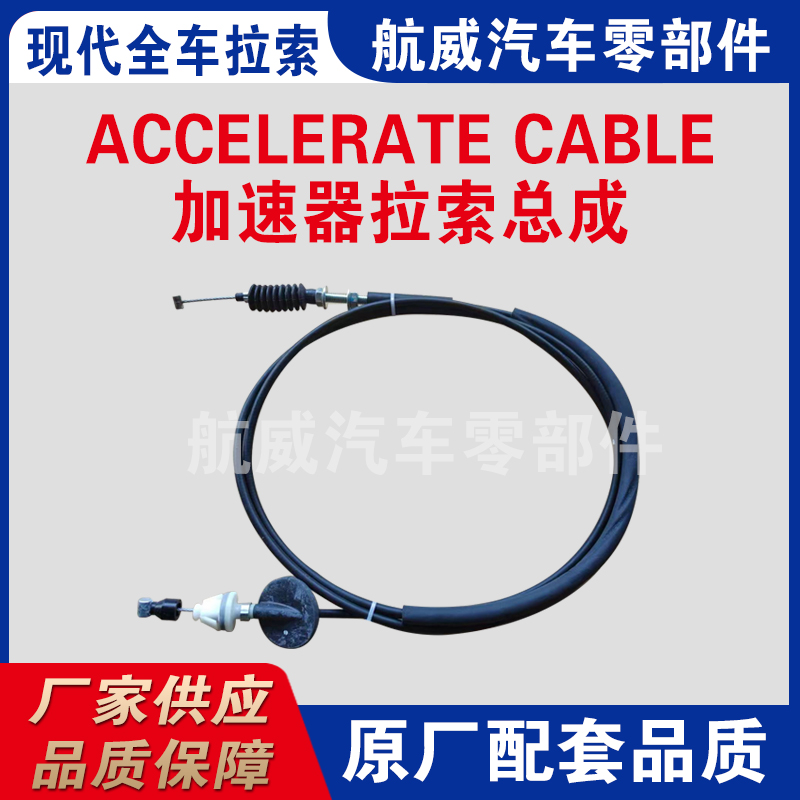Hydraulic Clutch Line Maintenance for Optimal Vehicle Performance and Safety
The Significance of Hydraulic Clutch Pipes in Automotive Systems
The hydraulic clutch system is a critical component in modern vehicles, playing an essential role in ensuring smooth and efficient gear changes. At the heart of this system is the hydraulic clutch pipe, an often-overlooked yet vital part that facilitates the transfer of hydraulic fluid to engage and disengage the clutch. In this article, we will explore the function, composition, and importance of hydraulic clutch pipes, as well as maintenance tips to ensure optimal performance.
Understanding the Hydraulic Clutch System
Before delving into the specifics of hydraulic clutch pipes, it is important to grasp the fundamentals of how hydraulic clutch systems operate. The hydraulic clutch utilizes hydraulic fluid to create pressure that allows the driver to control the clutch mechanism. When the clutch pedal is depressed, the master cylinder generates hydraulic pressure that travels through the hydraulic lines — primarily the hydraulic clutch pipe — to the slave cylinder. This action disconnects the engine's power from the transmission, enabling the driver to shift gears effortlessly.
Composition of Hydraulic Clutch Pipes
Hydraulic clutch pipes are typically made from materials such as stainless steel, rubber, or reinforced plastic. Each material choice brings its own set of advantages. For instance, stainless steel pipes are known for their durability and resistance to corrosion, making them ideal for high-performance vehicles. On the other hand, rubber pipes are more flexible and can absorb vibrations, which may enhance comfort during driving. Reinforced plastic options provide a lightweight solution while still maintaining structural integrity under pressure.
The design of these pipes plays a role in their effectiveness. Hydraulic clutch pipes must withstand high pressure as they transport fluid. Therefore, manufacturers often employ advanced engineering techniques to ensure that these pipes can handle varying temperature ranges and mechanical stress without failing.
Importance of hydraulic clutch pipes
The hydraulic clutch pipe is crucial for the proper functioning of the hydraulic clutch system. For one, it enables precise control over the clutch operation, ensuring that gear shifts are smooth and responsive. This efficiency is especially important in performance-driven applications, such as racing or heavy-duty vehicles, where timing and control directly affect performance.
Moreover, a well-functioning hydraulic clutch pipe can significantly enhance the longevity of both the clutch and the transmission system. By ensuring that the hydraulic fluid is delivered efficiently and without leaks, the clutch can maintain optimal operating temperatures and reduce wear on its components. In contrast, a damaged or leaking hydraulic clutch pipe can lead to decreased performance, increased maintenance costs, and potential transmission failure if left unaddressed.
hydraulic clutch pipe

Maintenance Tips for Hydraulic Clutch Pipes
To ensure the longevity and performance of hydraulic clutch pipes, regular maintenance is essential. Here are some practical tips to keep in mind
1. Regular Inspections Periodically check the hydraulic clutch pipes for signs of wear, cracks, or leaks. Any damage should be addressed immediately to prevent further issues.
2. Fluid Level Checks Monitor the hydraulic fluid level in the reservoir. If it is low, top it up with the recommended fluid type, ensuring no air bubbles are trapped in the system.
3. System Bleeding If you notice a spongy clutch pedal feeling, it may indicate that air has entered the hydraulic system. Bleeding the system can remove trapped air and restore proper functionality.
4. Timely Replacements If a pipe shows significant wear or damage, replacing it as soon as possible is vital. Delaying replacement can lead to larger, costlier issues down the line.
5. Professional Servicing When in doubt, consult a professional mechanic. They can provide a comprehensive inspection and service to ensure that all components, including hydraulic clutch pipes, are functioning optimally.
Conclusion
Hydraulic clutch pipes may seem like a minor component, but they play a vital role in the overall performance of a vehicle’s clutch system. Understanding their function and maintaining them properly can lead to smoother gear shifts, increased performance, and longer life for both the clutch and transmission. By paying attention to these essential components, drivers can ensure a better, safer driving experience.
-
Workings of Clutch Pipe and Hose SystemsNewsJun.04,2025
-
The Inner Workings of Hand Brake Cable SystemsNewsJun.04,2025
-
The Secrets of Throttle and Accelerator CablesNewsJun.04,2025
-
The Hidden Lifeline of Your Transmission Gear Shift CablesNewsJun.04,2025
-
Demystifying Gear Cables and Shift LinkagesNewsJun.04,2025
-
Decoding Clutch Line Systems A Comprehensive GuideNewsJun.04,2025
